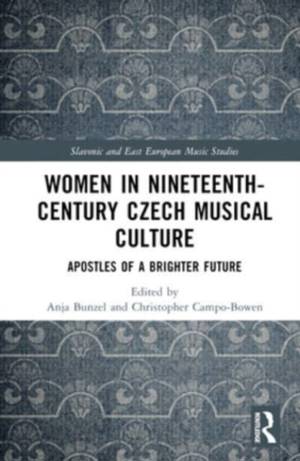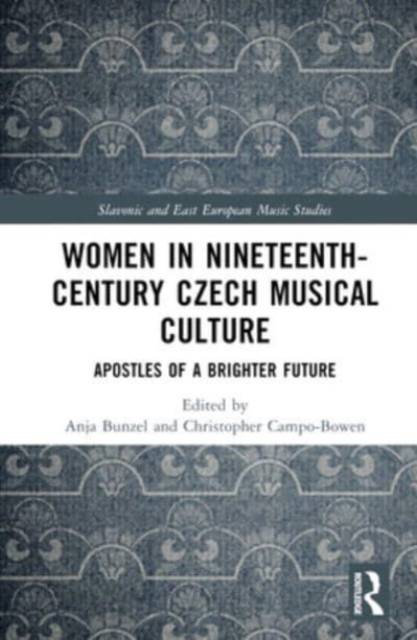
- Retrait gratuit dans votre magasin Club
- 7.000.000 titres dans notre catalogue
- Payer en toute sécurité
- Toujours un magasin près de chez vous
- Retrait gratuit dans votre magasin Club
- 7.000.0000 titres dans notre catalogue
- Payer en toute sécurité
- Toujours un magasin près de chez vous
Women in Nineteenth-Century Czech Musical Culture
Apostles of a Brighter Future
Description
This volume focuses on the circumstances of women's music-making in the vibrant and diverse environment of the Czech lands during the nineteenth century. It sheds light on little-known women musicians, while also considering more well-known works and composers from new woman-centric perspectives. It shows how the unique environment of Habsburg Central Europe, especially Bohemia and Lower Austria, intersects with gender to reveal hitherto unexplored networks that challenge the methodological nationalism of music studies as well as the discipline's continued emphasis on singular canonical figures. The main areas of enquiry address aspects of performance and identity both within the Czech lands and abroad; women's impact on social life with a view to different private, semiprivate, and public contexts and networks; and compositional aesthetics in musical works by and about women, analysed through the lens of piano works, song, choir music, and opera, always with the reception of these works in mind.
Spécifications
Parties prenantes
- Editeur:
Contenu
- Nombre de pages :
- 252
- Langue:
- Anglais
- Collection :
Caractéristiques
- EAN:
- 9781032206592
- Date de parution :
- 23-02-24
- Format:
- Livre relié
- Format numérique:
- Genaaid
- Dimensions :
- 156 mm x 234 mm
- Poids :
- 553 g

Les avis
Nous publions uniquement les avis qui respectent les conditions requises. Consultez nos conditions pour les avis.





